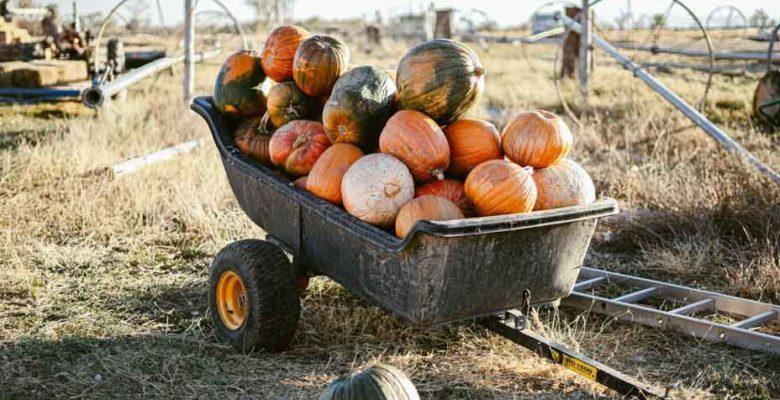Stewardship season—just like the school year, the football season, and everything else—will look different this fall, but there are real strengths and blessings to be found for pastors and stewardship leaders.
It seems that not even a pandemic interrupts the inevitability of fall church stewardship seasons! Our congregations’ approaches, however, may need some renewed attention in these unprecedented times.
Three Pastoral Approaches
Focus on Relationships
There’s no shortage of seemingly “must-do” items that may be nearly overwhelming leaders in these difficult days, but at their heart, the true essentials are all about relationships, the people. Our members and friends matter because they matter to God; our call to stewardship is a call to tend to all that God values—people first!
Attend to Context
The households in our parishes are experiencing this time differently from one another—some have lost jobs or had wages reduced, some are watching investments warily, some are financially thriving, and many are searching for how to use what they have to do the most good that they can. Our parishes have people who are beyond ready to “reopen”—and people who see profound danger in the premature end of “safer at home.” Thoughtful, tailored stewardship invitations that create space for all our people will nurture relationships and strengthen giving.
Note: Especially if your parish has a strong culture of pledging, fluctuations in household income can spark cultural taboos and shame around money. Normalizing changes to one’s pledge in light of one’s circumstances can help to ensure that people in financial trouble do not distance themselves out of financial embarrassment.
Forge Ahead Boldly!
Most of our congregations have made a lot of leaps they may not have previously thought they could make: online worship, digital giving, outdoor worship, remote small groups….Congregational leadership teams have an opportunity and a responsibility to rethink what needs to be done next and to gather their courage to experiment. The temptation of too much prudence or caution-to-the-point-of-inaction may be strong, but there’s actually real space in these days to give innovations a shot.
Three Practical Steps
Year-Round Stewardship
Given the volatility of public health, economic realities, and political developments, it is likely not the best option to attempt a “once & done” stewardship campaign, with only a fall pledge. What preaching and teaching around God’s provision, our relationships with money, or our communities’ economic needs could be life-giving to plan and share over the next 6-12 months? How are our children and youth being engaged in what it means to be faithful in the use of money, time, skills, and relationships? A number of congregations are even planning for a Lenten return to stewardship—pondering the right use of our lives alongside the right use of our resources.
Telling the Story of the Congregation’s Resources
In addition to a line-item budget, a narrative budget helps leaders tell the story of money following mission in the congregation. Creating a narrative budget is a good exercise internally among church leaders to breathe life into how they tell the story of congregational mission. It is an invaluable tool for communicating to members and newcomers what the church values and why a gift to the congregation makes a difference.
An Abundance Mindset
“With what we have, what can we do?” Whether a congregation is experiencing material plenty or not, it has resources and a mission from God. Both halves of the question call for leaders to use a lens of abundance, not the expectations of scarcity. “What do we have?” is a broader question than the accounting statement! (Let me commend Rev. Dr. Sidney Williams’ “Fishing Differently” framework for one way to consider congregational abundance.) “With these resources, what can we do?” is a question that may have surprising answers—answers that might free our parishes to do the work that God has called them to do in these days.
Congregations & Giving During COVID-19: A Snapshot
As many religious congregations enter their annual fall fundraising and budget-planning season amid the COVID-19 pandemic and an uncertain economy, this new survey from Lake Institute on Faith & Giving provides a snapshot of what they are expecting for 2021, how they are managing finances and reopening decisions, and what they experienced in the pandemic’s early months.
Summary
Overall, congregational giving declined by 4.4% on average from February through June 2020, compared to the same period in 2019. A plurality of congregations (41%) reported experiencing a decrease in giving, while more than a quarter (28%) said giving increased. None expected to increase its budget next year, with about half planning to maintain the status quo and half expecting cuts of 5-10%. Just over half in the survey conducted in July had resumed in-person services or planned to by Sept. 1, while a third didn’t know when they would reopen. Interestingly, congregations’ political orientations appear to have a greater effect on reopening than do public health or financial considerations. Access the full report here.

